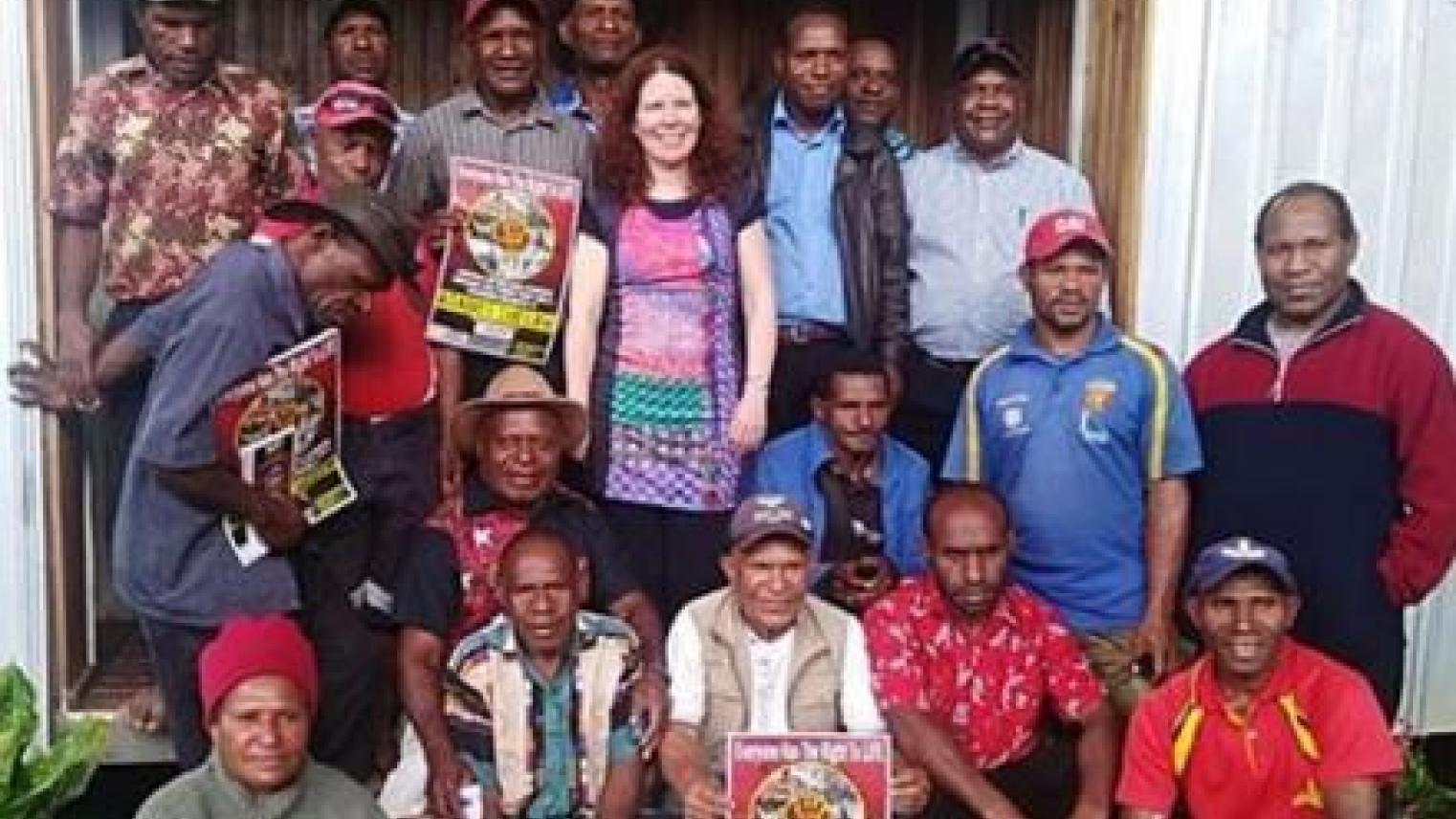The potential of policing coalitions in PNG

Australia has recently announced a $135.9 million package over three and a half years to support policing in PNG. The initiative – said to comprise improved community-level service delivery, prosecution services, enhanced training capabilities, and “improved corporate enabling services” – takes the relationship to the ‘next level’, according to Prime Minister Scott Morrison.
The program is certainly bigger, but it is much the same as all the ones that have come before it – expatriate Aussie police training and working with their PNG counterparts. Most of the costs are in Australian Federal Police salaries and on-costs (although the last program did involve building a swimming pool), and there is no permanent presence for the program outside the capital.
The reality of policing we saw in a recent trip to Jiwaka province in the Highlands to continue our work on sorcery accusation related violence felt a world away from all this ‘next level’ talk. There, it is common to find police without basic infrastructure such as tables, printing paper and fuel for their vehicle. The situation is the same even in places that are less remote, more resourced, and with a heavier ‘Australian policing support’ presence. For instance, in other research we are involved with in Lae, members of the community express frustration about the police’s lack of resources to respond to basic community calls for support.
But in Jiwaka as in Lae, it is no simple portrait of despair. Whilst there is real frustration with failures of police to respond to serious crime, we also saw police creatively and proactively working with community leaders and civil society to provide safety and justice to survivors of violence. One example already documented is the innovative and pragmatic use of the police complaint form that enables police to respond in a meaningful way to cases of family sexual violence, despite their many limitations.
It made us wonder if Australia continues to miss the point in its policing intervention, because policing – like all forms of governance – in PNG is highly relational.
Read the entire blog on DevPolicy Blog